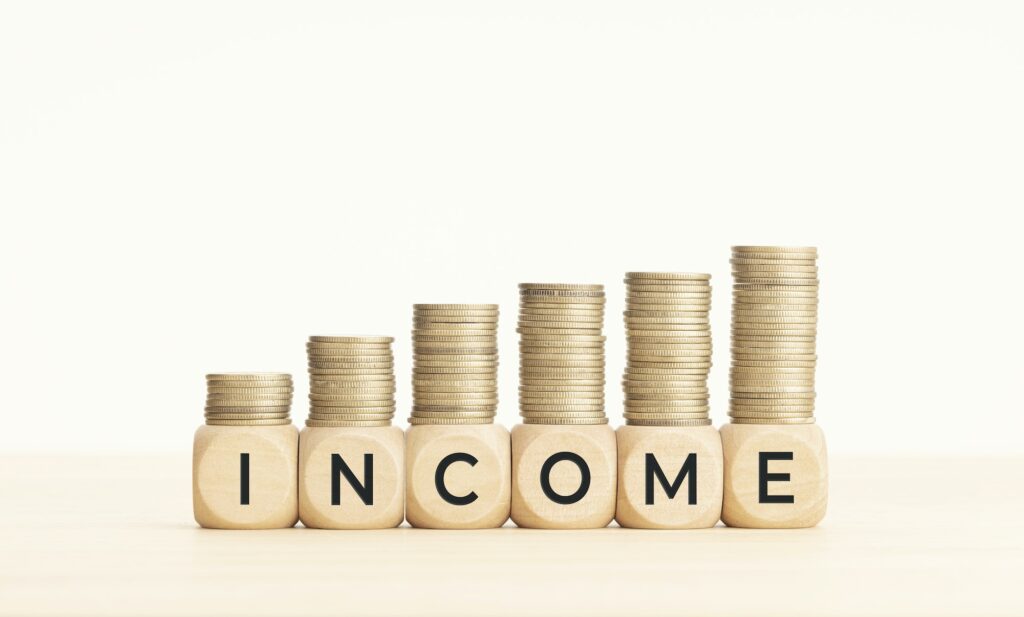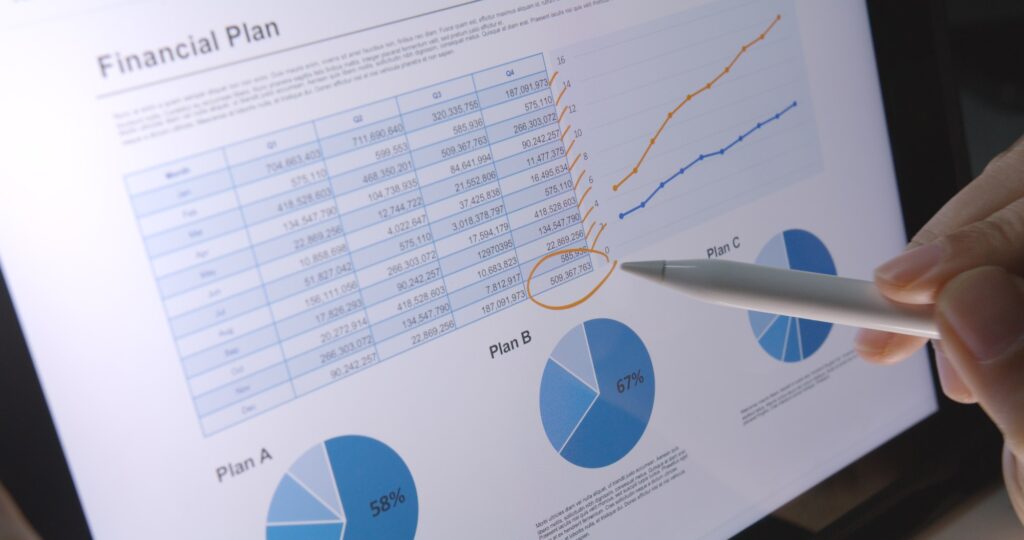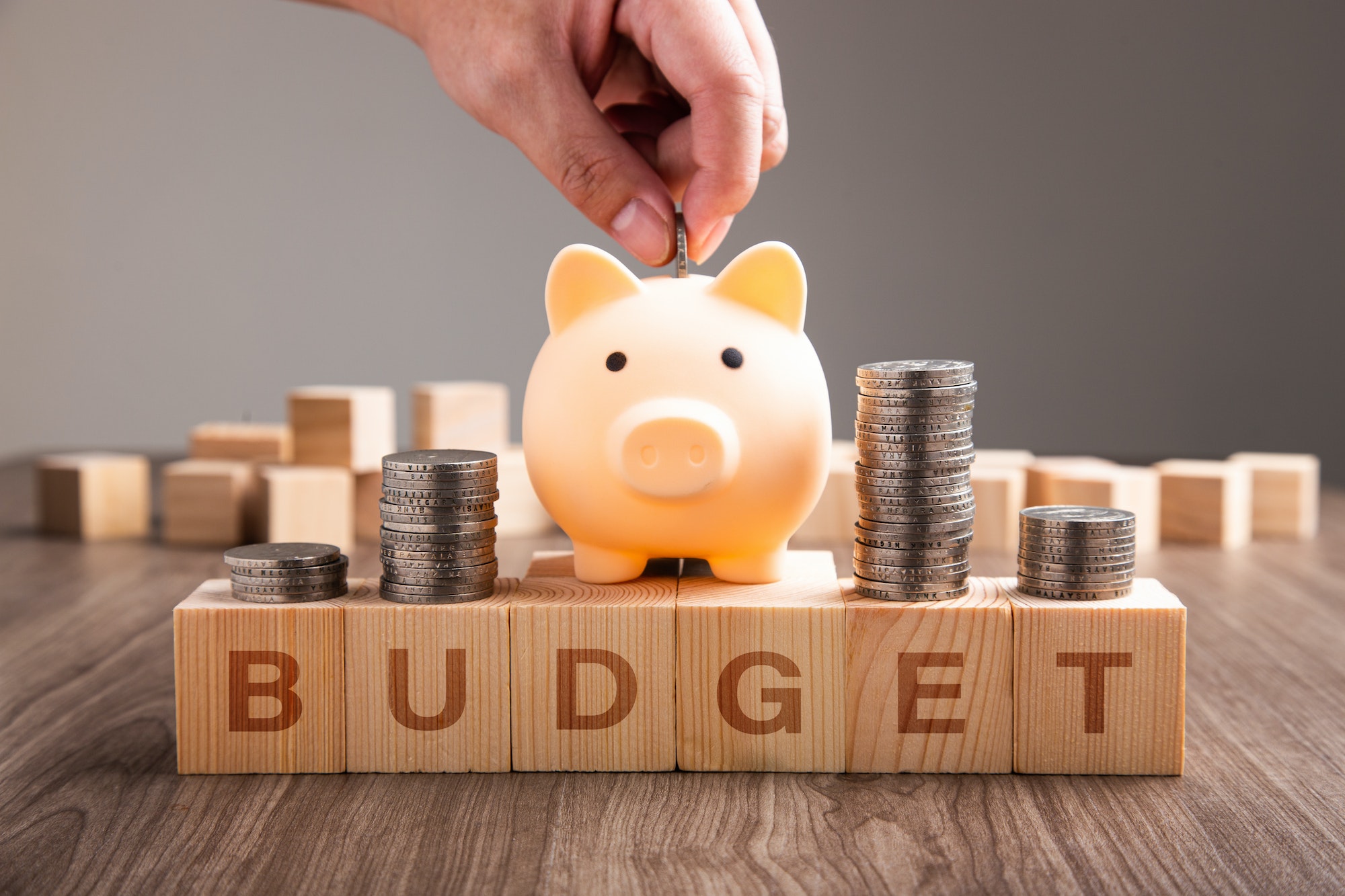Introduction
Are you struggling with your personal finances, probably overspending and all? The key to improving your financial status is understanding a budget and its importance. Not drawing a budget to keep track of your income and expenses on a regular basis, whether its weekly monthly or yearly is importance to improving you life financially.
What is a Budget?
As simple as budget sounds, it makes a huge difference, so what is a budget to begin with? A budget is your personal financial plan that outlines all anticipated income and expenses for a given period of time. Understanding a budget and its importance is essential for making informed financial decisions and achieving financial stability.
You can either draw your financial plan on a daily, weekly, monthly or yearly; personally we recommend a monthly budget with detailed aspects of weekly, monthly and yearly insights.
Common Examples Of Incomes

The following are common income sources people would normally have:
- Take home pay/salary from your employer
- Bonuses/Overtime
- Pension Benefits
- Child Support Received
- Shares Payout
Common Examples Of Expenses
Expenses normally vary from person to person depending on different lifestyles people would have and also what they consider a priority.
With expenses we recommend you list all your expenses, from the smallest item like phone bill to the biggest expense like your mortgage and after listing all your expenses consider categorizing the expenses for a clear picture of all your expenditure.
Lets look at the various categories and examples of expenses for each:
Financial Commitments
- Rent / Mortgage
- Loan Repayments
- Emergency Savings
- Family Savings
- Interest Fees
- Car Repayment
- Appliances Payments
- Study Loan Repayment (NSFAF)
- Car Insurance
Home and/or Utilities
- Body Corporate fees
- Home and contents insurance
- Home maintenance and repairs
- Water and electricity
- Internet package
- Phone bills
- Mail box fees
Education and/or Health
- Childcare / Pre-school
- Gym fees
- Excursions
- University Fees
- Sport, music, dance, etc academy fees
- Doctors fee
- Eyecare / Glasses
- Vet Fees
- Medicines / Pharmacy
- Private health insurance
Shopping and/or Transport
- Groceries
- Cosmetics / Toiletries
- Baby products
- Trains / Buses / Ferries / Taxi
- Own Vehicle Fuel
- Car maintenance
- Clothing / Shoes
Entertainment and/or Eating Out
- Holidays
- Movies / Music (Netflix / Spotify)
- Hobbies
- Takeaway / Snacks
- Restaurants Eat outs
- Drinks
The Importance of budgeting
The primary purpose of a budget is to help individuals and organizations to track their spending, control expenses, and make informed financial decisions.
A budget provides a clear picture of the money that you have available, which then will help you to make informed decisions about how to allocate the funds. It is an effective tool for ensuring that your expenses do not exceed the income and that resources are allocated optimally. By having a clear understanding of your personal finances, you are better placed to make decisions on investing, managing debts, and savings for future expenses.
Whilst we are at ensuring that your incomes dont exceed your expenses, take a look and one budgeting technic that you can implement when drawing your budget, its called the 50/30/20 budgeting rule.
A budget will also help you to identify areas where you are overspending, perhaps you are overspending on clothing purchases, as such it can help you to easily make necessary adjustments, and just like in the sections above, when creating a budget, it is essential to identify all the expenses and classify them according to your priority.
You can then adjust your spending to allocate more funds to essential items and reduce expenses in non-essential areas. This approach ensures that resources are used where they are most needed, creating operational efficiency and financial stability.
Monitoring and Adjusting your Budget

It is also important to note that creating a budget is not the end of the managing your personal finances. It is important to continually monitor and adjust the budget based on changing circumstances. For example, if an emergency expense arises, it may be necessary to adjust the budget for that period to accommodate the expense.
Additionally, if there is an increase in income, there may be an opportunity to increase savings and investments.
Inconclusion
Understanding a budget and its importance is paramount in achieving financial success, in addition creating and monitoring a budget is a vital step in achieving financial stability, and this process requires continual evaluation and adjustment.
Ultimately, a well-managed budget can help to create long-term financial security and stability for individuals and organizations.
However, as much as creating a budget among the secrets of achieving financial freedom, setting financial goals is something you should do before drawing your budget, you can read about setting financial goals here.






